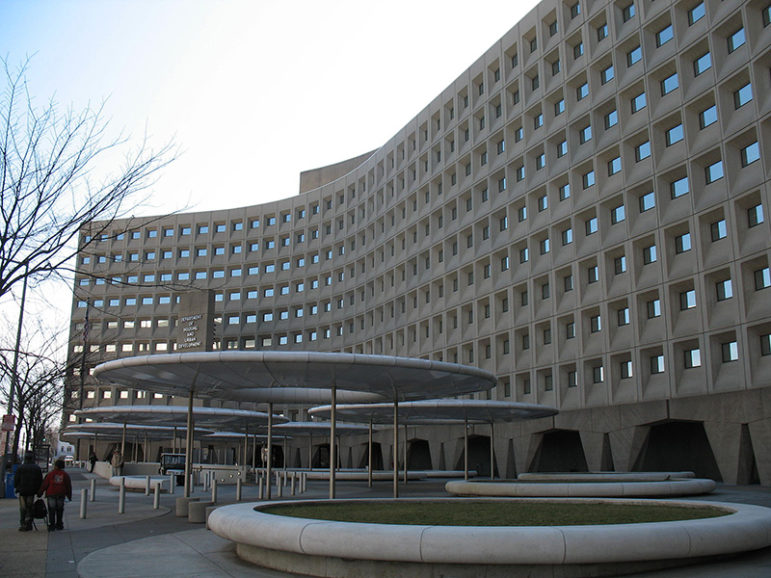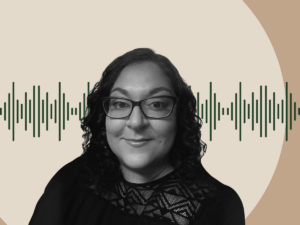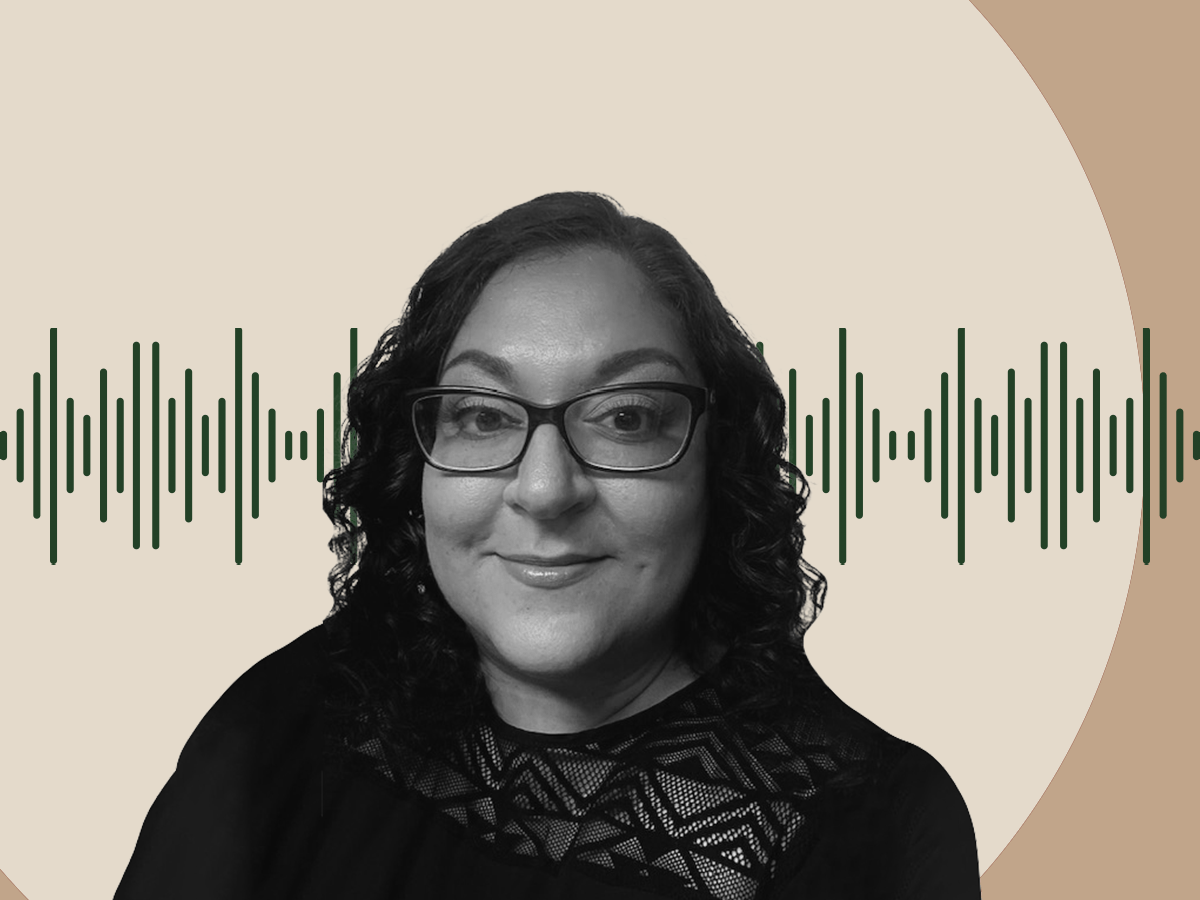
A nonprofit law firm in New York is suing the federal Department of Housing and Urban Development (HUD) and a private equity firm (that reports capital commitments of $65 billion). MFY Legal Services filed suit in Brooklyn, claiming the handling of foreclosures by HUD and Lone Star Funds in neighborhoods that include Canarsie and parts of Southern Queens, were racially biased.
HUD, a federal program created in the 1930s to provide housing to lower-income families and first-time homeowners, experienced a major increase in delinquent mortgages and foreclosures following the 2008 financial crisis and recession. A spiraling deficit within the agency caught the attention of Congress and by 2010, what is now known as the Distressed Asset Stabilization Program (DASP) was born. The new program not only opened a funding stream for HUD to become solvent, but it created a possible alternative to foreclosure for HUD borrowers. The loans in DASP, according to HUD spokesman Brian Sullivan, “are all headed to foreclosure—100 percent of them—because they’ve exhausted their loss-mitigation options.” The new program allows them one more possible alternative through a new lender who is required to try to work with the borrower on loan modifications in order to keep them in their homes.
HUD is allowed to sell these mortgages in bulk at discounted rates to investors, and have done so through DASP for as little as 41 cents on the dollar. According to the Atlantic, “Wall Street is once again buying [thousands of] mortgages, and…instead of dealing with shady subprime lenders, they are buying…shaky loans from the government—at a significant discount.”
For investors, “there’s a substantial amount of profit to be made,” said Jack McCabe, who consults with investors on the real estate market. “Wall Street investors developed a thirst for non-performing loans, and DASP was an opportunity to unload mortgages while satisfying that thirst.”
If DASP is simply a new channel for sharks, New York City would be the prime location for a feeding frenzy. The Times article covering the MFY suit pointed out that the location is an additional lucrative win for investors, who would gain property ownership in one of most attractive and promising real estate markets.
Sign up for our free newsletters
Subscribe to NPQ's newsletters to have our top stories delivered directly to your inbox.
By signing up, you agree to our privacy policy and terms of use, and to receive messages from NPQ and our partners.
This has been brought to light when despite HUD’s requirements that the private firms (typically hedge funds or private equity funds) not foreclose within the first year and provide alternate modifications to stay in the home, both the Atlantic and the recent lawsuit by MFY report unsettling practices. Modification negotiations by private investors have included large balloon payments and interest-only options that seem less like a focus toward supporting home ownership and more like a strategy to confiscate an asset over the long term.
MFY, which was founded on the principle of “equal access to justice through community-based legal representation of poor New Yorkers,” is not only bringing these concerns to light, but making a case against the implementation of DASP at an even deeper level. The firm believes the selling of delinquent mortgages to Lone Star Funds is disproportionately hurting black homeowners. Lawyers say the “concentration of the sales [in black communities] is putting black homeowners at greater risk of foreclosure and threatening to undermine decades of progress toward increasing homeownership in these neighborhoods.”
According to the lawsuit, sixty-one percent of the 1,100 delinquent mortgages in New York City sold by the Federal Housing Agency (parent agency of HUD) between 2012 and 2014 were in predominantly black neighborhoods. In an attempt to at least modestly intervene, the City of New York bought 24 of the 1,100 mortgages to prevent their sale to the private investors.
“We are fighting to help homeowners stay in the neighborhoods they helped build,” Mayor Bill de Blasio” said.
Since its inception, the program has sold over 100,000 distressed mortgage loans, and according to an “analysis of HUD’s sales results by the Center for Public Integrity, its fund moved from being $16 billion in the red to $4.8 billion in the black in just two years.”
While this is without question a considerable win for the agency and its mission, critics stress that the agency has significant work to do to better assure that private investors live up to the obligations and protections of the borrowers that HUD was designed to help.—Michelle Lemming













